Document Type
Article
Publication Date
4-30-2014
Abstract
The match effects for five different student populations Native American Asian Black Hispanic and White are gathered and analyzed to determine whether these effects provide support for the match hypotheses with respect to law school grades graduation and bar passage While some evidence was found supporting the negative match hypothesis for Black and Asian law school students in the lower propensity range the match effects for bar passage in the upper range were much lower than Richard SanderÔÇÿs reports and did not approach statistical significance Moreover no negative match effects for graduation were apparent Thus the bar passage rates difference seems very modest relative to the substantial social networking advantages of elite school attendance Because the variables most strongly associated with higher levels of leadership are attainment of a bachelorÔÇÿs BA degree at Harvard Yale and Princeton and attainment of a law degree the implication is that leadership potential which may fall outside the bounds of traditional admission criteria is more suitably described as a benefit to society Even Sander noted that he did not consider perhaps the single greatest benefit of affirmative action in law school its role in building the longterm careers of Black lawyers placing them in the most elite ranks of the profession and American society
Recommended Citation
Camilli, Gregory; Chia-Yi, Chu; RPS Submitter, Colorado Law; Gallagher, Ann; and Jackson, Darrell D., "The Mismatch Hypotheses in Law School Admissions" (2014). Faculty Articles. 23.
https://scholarship.law.uwyo.edu/faculty_articles/23
First Page
165

